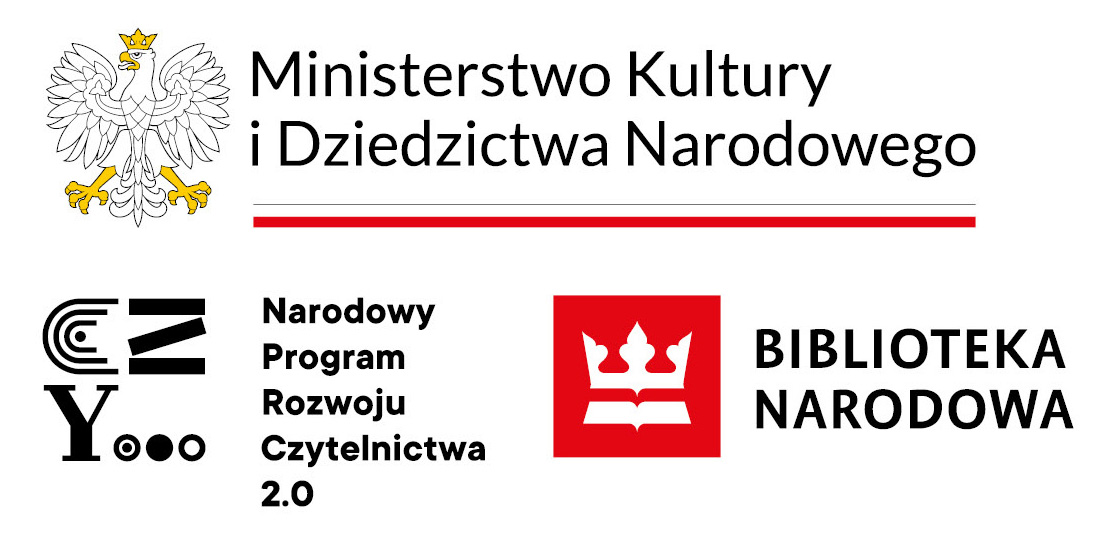- AGH Libraries Catalogue
-
An online collection containing computer-processed information about library materials at the AGH University Main Library, as well as at the libraries of other organizational units at AGH.
- Call number
-
A conventional designation indicating the type of collections and the storage location of materials in the library.
- Core collection „P”
-
A collection encompassing bound publications (books) and forming the main nucleus of the AGH University Main Library holdings.
- Document entitling access to the Library
-
Library card issued by the Library, electronic student ID card (ELS), electronic doctoral student ID card (ELD), electronic academic teacher's ID card (ELSNA), employee ID card (ELP), mobile student ID card (mLegitymacja), issued by AGH University or another university in Krakow.
- Electronic Guest Book
-
Electronic register of user visits in reading rooms.
- E-resources
-
Electronic sources of information, including electronic journals and books, other electronic scientific and technical publications (such as conference materials, standards, patent descriptions, technical or economic reports), full-text and bibliographic-abstract databases, informational services, and other sources available online, as well as informational tools that facilitate the organization and conduct of scientific research.
- Individual work cubicles
-
Designated spaces in the Main Reading Room intended for individual work.
- Interlibrary loan
-
The lending of library materials from one library to another or the retrieval and lending of library materials from other libraries upon the request of an authorized user.
- Library account
-
User's library information, permissions in the library system, as well as the current status and transaction history of borrowed/returned library materials.
- Library account lock
-
A suspension of library services, occurring when a user fails to return borrowed library materials on time. It remains in effect until the materials are returned and any applicable special fees, as per the Price List, are settled. Account suspension also occurs automatically after the expiration of the document entitling the user to library services or after issuing clearance slip.
- Library account renewal
-
Extending the validity of a library account for the next academic year.
- Library book drop
-
A standalone external device allowing the return of books borrowed from the AGH University Main Library, regardless of the opening hours of the Circulation Desk.
- Library materials
-
Publications issued in any form (manuscript, printed, or electronic) and unpublished materials stored and/or made available in the library or through its services, in accordance with the rules specified in the Regulations.
- Library system
-
A computer system encompassing the catalogue of collections at AGH University Main Library and libraries of other organizational units within AGH, along with the library accounts database.
- Lockers
-
A self-service locker system designed for storing personal items/outerwear while using the resources and services of the Library.
- Lending slip
-
A form, filled out and signed by the user, serving as evidence of the provision/loan of library materials.
- Open Stacks Area
-
A designated area within the Library where users can independently select library materials from the shelves and borrow them using a self-checkout device.
- Query
-
A user's inquiry directed to the Library. The process of executing a query involves searching through library catalogues, card catalogues, bibliographies, and other sources of information.
- Reference collection
-
A portion of library collections kept in reading rooms, primarily consisting of informational publications, accessible exclusively on-site
- Reneval (extension)
-
Postponement of the return deadline for library materials by an additional period specified in the Regulations.
- Self-check
-
A self-service device, located in the Open Access Area, enabling the borrowing of library materials.
- Self-Study Reading Room
-
A reading room located on the ground floor of the Library (room 5), where students can study and use their own materials freely. The Self-Study Reading Room is open during extended hours, often from 7:30 AM to 10:00 PM during the academic year.
- Special collections
-
In technical libraries, special collections include: standards, patent descriptions, cartographic documents, doctoral theses, manuscripts and trade literature.
- Textbook collection „W”
-
A didactic collection consisting mainly of textbooks and scripts, available for self-borrowing in the Open Access Area.
